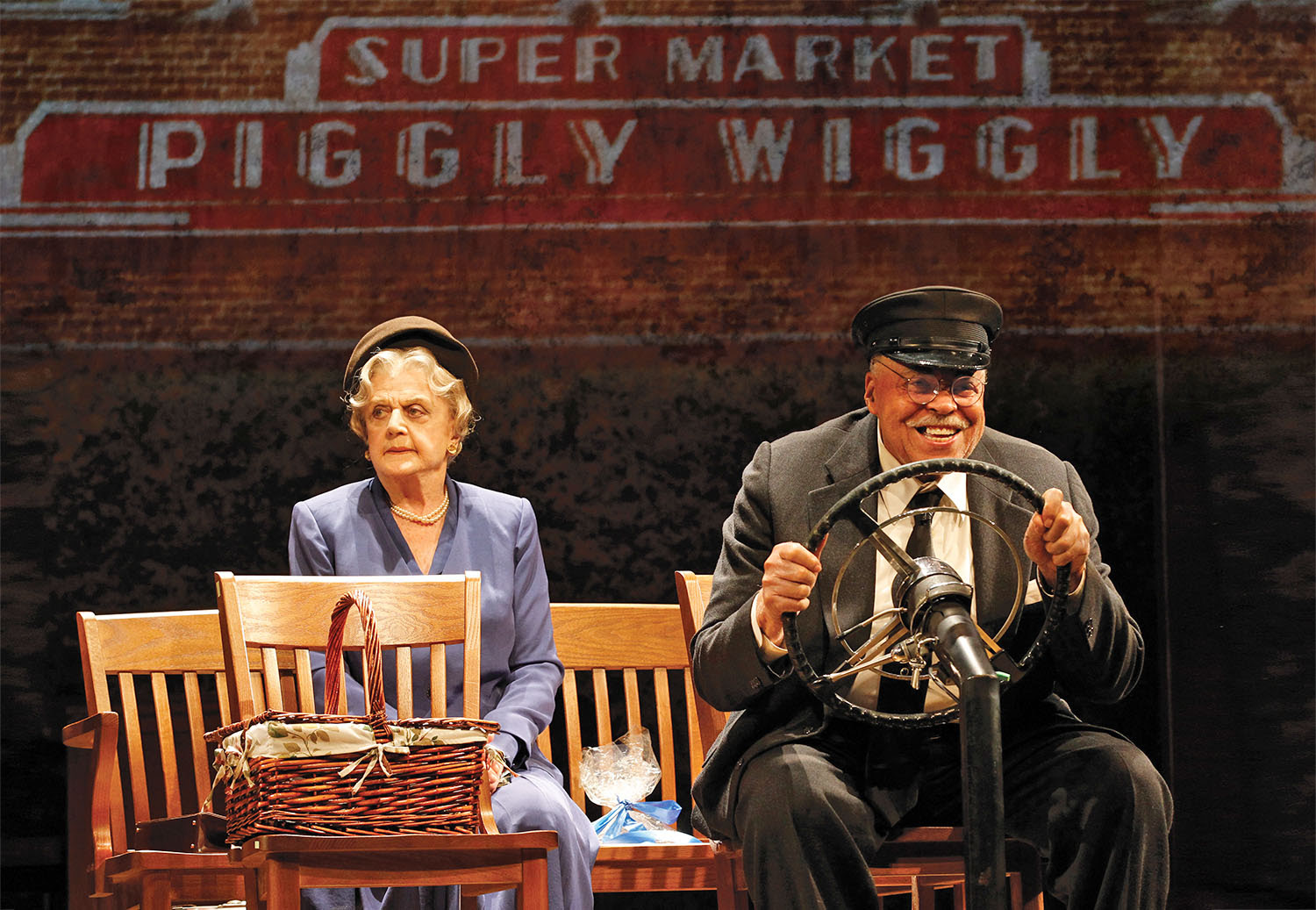Due Dec 3
This blog is designed for Rochester City School students at the School of the Arts in support of their classes: Playwriting & Film Studies.
Sunday, November 22, 2020
Wednesday, November 4, 2020
Driving Miss Daisy
Driving Miss Daisy by Alfred Uhry.
As we read Driving Miss Daisy, everyone sign up for one of the 3 roles in the play. I'll be switching up readers as we go.
As we read, pay close attention to the role of the dynamic triangle: 3 characters in conflict.
New Vocabulary:
There are two types of sets a playwright can prepare a script for:
A suggested set (like the set used in Driving Miss Daisy) allows actors to create the setting through actions (like pretending to drive a car--which would be impractical in a theater) or through dialogue. Setting is described, not built. We use our imagination. Ah, the power of words...
As we read Driving Miss Daisy, everyone sign up for one of the 3 roles in the play. I'll be switching up readers as we go.
As we read, pay close attention to the role of the dynamic triangle: 3 characters in conflict.
New Vocabulary:
There are two types of sets a playwright can prepare a script for:
A. a realistic setA realistic set (like the set used in 'Night Mother) is a standard, realistic set that looks and feels like the actual setting of the play. It is more detailed and infinitely more expensive. Characters interact with props, costumes, and set pieces. It is not practical to change the setting or location in a realistic set.
B. a suggested set
A suggested set (like the set used in Driving Miss Daisy) allows actors to create the setting through actions (like pretending to drive a car--which would be impractical in a theater) or through dialogue. Setting is described, not built. We use our imagination. Ah, the power of words...
Subscribe to:
Posts (Atom)
The Murky Middle (Even More Advice)
Aristotle wrote that stories should have a beginning, middle, and end. Middles can be difficult. You might have a smashing opening to a stor...

-
Let's start today by examining your favorite scene or monologue from The Colored Museum. Take a few minutes to re-read the scene/mono...
-
Russian Playwright and short story writer, Anton Chekhov ’s The Seagull is the first of what are generally considered to be his four major...
-
Period 1: Please place a COMMENT in the COMMENT section of this blog post in which you discuss: What did you learn about playwriting b...
